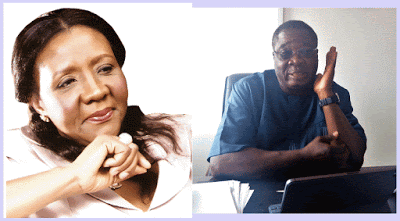The Torremolinos Declaration: Nigeria’s quest for operational safety, protection of her ocean resources against IUU fishing
Nigeria’s signing of the Torremolinos Declaration in Spain recently was an expression of her determination to support the provisions seeking safety standards for fishing vessels and fishing
operations as demanded by the International Maritime Organisation.
Nigeria’s representatives to the IMO Ministerial Conference on fishing safety, including Marine Engineer, Emmanuel Ilori, said Nigeria signed to the declaration with a greater interest to see
improvement in fishing vessels, considering acceptable safety standards as well as to ensure observation of all safety requirement concerning the fishermen and the entire crew of fishing trawlers in Nigeria.
more than the number of workers who died on merchant vessels.
going to add to our cost of production, even if we are not paying any official rate. I believe that whoever that championed this, should have involved the stakeholders.”
Ministry of Agriculture. Also, depending on where they are exporting their products, operators are regulated by the EU laws, and America.
that regard, Orakwusi wants the agencies concerned to have proper engagement, in order to identify the overlapping functions, which she thinks would be a mark of strength when properly harnessed.
duplicity of the agents going there trying to control the environment, and in reality, it is not. Operators must have ease in doing their business legally.”
is described as ‘irresponsible’ manner of fishing by foreigners on Nigerian waters.
Nigerians, foreign vessels should not come to fish in Nigeria’s waters? He noticed that sad as it was that such foreign vessels still had their way fishing illegally in Nigeria, they did so using sub-standard nets or too fine nets, and just come to scrape the sea from the bottom.
the future generation. There is need to control the ocean resources, particularly our fish stocks. That is why the regulation is coming to be,” Ilori said.
Nigeria. Ilori calls such act “serious round tripping, which is most unfair to us.”

